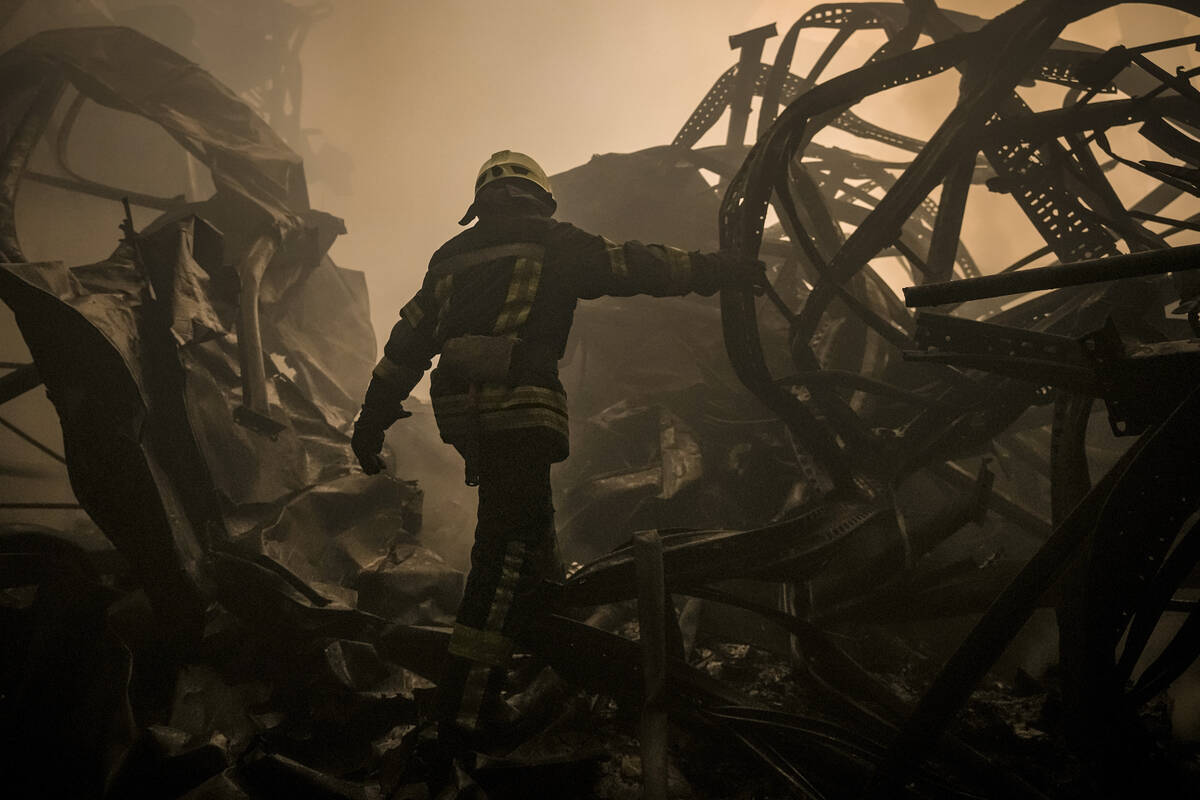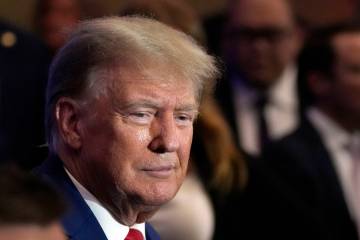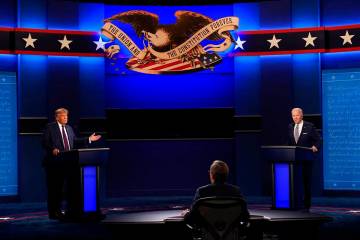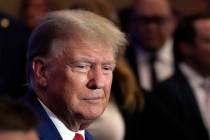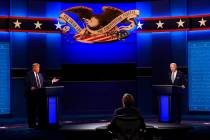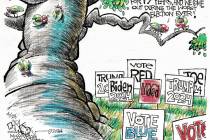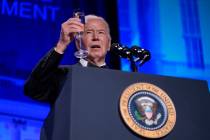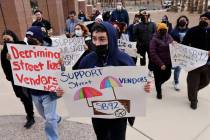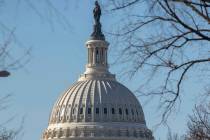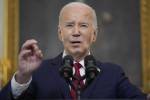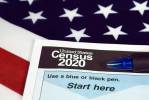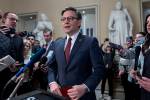CLARENCE PAGE: Ukraine’s crisis is no excuse for racism or xenophobia
How should we Americans feel about reports from Ukraine that, amid the chaos of Russia’s brutal invasion of Ukraine, some Africans, Arabs and other refugees of color have been treated unfairly?
As if we didn’t have enough bad news generated by Russia’s autocratic leader, Vladimir Putin.
You don’t have to be Black like me to feel shock and dismay over reports of Africans, Arabs, Indians and other refugees of color being blocked or pushed to the back of the line as they tried to join white Ukrainians on trains and buses and at border crossings.
The sheer volume of reports and anecdotes churning across the news and social networks is enough to give one pause, to say the least, especially for people who don’t usually associate Ukraine with people of color.
Take it from me, as an African American who has traveled a lot, there are some of us everywhere.
This was further confirmed for me by a BBC report that, based on government data, found African students account for about a fourth of the more than 76,000 foreign students in Ukraine. Reuters reported that the official government count on African and other Black people had not been updated in 20 years but the education ministry reported more than 16,000 African students in the country.
The ugly allegations detract from the glory of Ukrainian President Volodymyr Zelenskyy’s courageous fight and the good-hearted souls around the world who have opened their hearts, their wallets and even their homes to help the million-plus refugees forced to flee Russia’s brutal invasion of Ukraine.
In challenging times like these, we need to stick by a golden rule: Don’t judge all Ukrainians — or any other ethnic group — by the prejudices and bad judgment of a few, especially in the chaos of war. We also should be fair in judging who deserves to get our attention. Among other considerations, that process must begin with the language that we use, particularly when you work as I do in news media.
For example, CBS News foreign correspondent Charlie D’Agata apologized for words that suggested we should be particularly shocked by war in Ukraine because the country is “relatively civilized” and “European.”
“This isn’t a place, with all due respect, like Iraq or Afghanistan, that has seen conflict raging for decades, he said. “This is a relatively civilized, relatively European — I have to choose those words carefully too — city where you wouldn’t expect this to happen. So it’s partly human nature but they’re not in denial.”
And that was his attempt to choose words “carefully.”
But I’m not angry with D’Agata. As he said in his apology, he meant to say that Ukraine had not seen war on this scale in recent years, compared to conflicts he’d covered in other parts of the world.
Instead, he “said the quiet part out loud,” as the saying goes, in a culture that has too long presumed Europeans to be more civilized than other people.
At least, he wasn’t as embarrassing as David Sakvarelidze, the former deputy prosecutor general of Ukraine, who described his feelings in a BBC interview as “very emotional for me because I see European people with blue eyes and blond hair being killed” by Russia’s assault.
At least he was being candid, I guess. Days earlier, Bulgarian Prime Minister Kiril Petkov was similarly candid in explaining why his country was welcoming refugees from Ukraine.
“These people are Europeans,” Petkov said. “These people are intelligent, they are educated people. … This is not the refugee wave we have been used to, people we were not sure about their identity, people with unclear pasts, who could have been even terrorists.”
With that, we hear a hint of the xenophobic attitudes that have roiled European politics for years over immigration issues in ways that make Donald Trump’s proposed Mexican border wall look like a minor kerfuffle.
American politics are hardly strangers to such tribal conflicts but, compared to most countries, our American identity is bound together by shared ideas and values more than by tribe. In dealing with the rest of the world, our diversity is our strength, contrary to such monocultural naysayers as Fox News’ Tucker Carlson.
Instead of seeking an eye for an eye, the Rev. Martin Luther King Jr. preached that we should reach out to embrace others in times of crisis. It’s a big world out there, but smaller in many ways than we might think.
Contact Clarence Page at cpage@chicagotribune.com.



